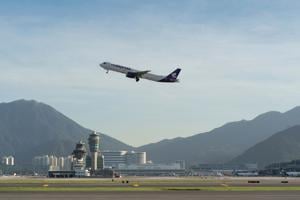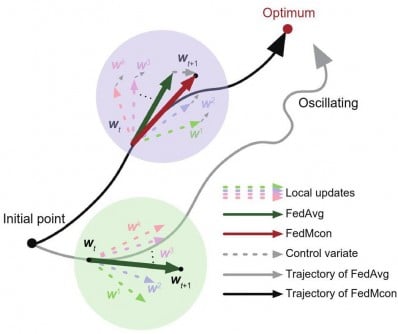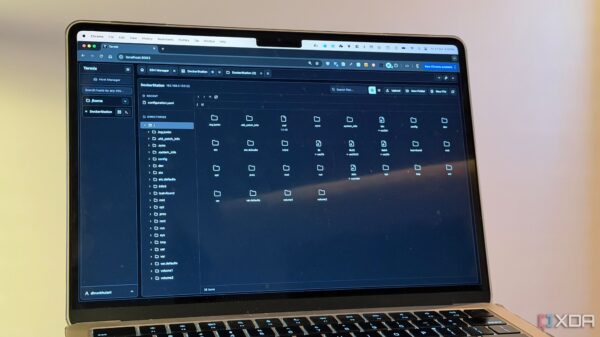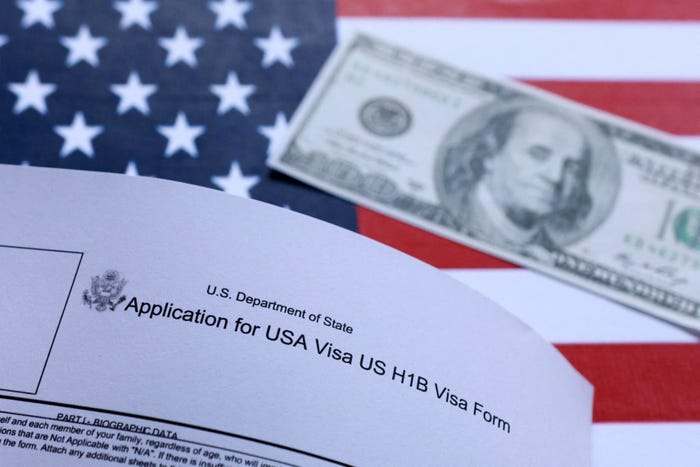UPDATE: As President Donald Trump enacts an unprecedented fee hike of $100,000 for every new H-1B visa, companies are scrambling to adapt. Experts are warning that this dramatic increase could push businesses to outsource work to foreign countries, altering the landscape of employment as we know it.
Reports are pouring in from global HR firms indicating a surge in inquiries about outsourcing solutions. Nicole Sahin, CEO of Globalization Partners, revealed that her company has seen a marked uptick in demand as firms look for ways to circumvent the hefty visa fees. “The globalization of work is really rampantly on the rise,” Sahin stated. This shift could redefine how tech giants like Google, Meta, and Amazon operate, with many now considering remote hires over costly visa applications.
The tech industry, heavily reliant on H-1B workers, is facing a crisis moment. In 2025 alone, Amazon secured over 10,000 H-1B visa approvals, highlighting the visa’s importance for staffing. As a result of the new fees, experts predict that companies may increasingly prefer hiring talent in their home countries, avoiding the immigration complexities tied to the U.S. job market.
With this shift, companies can hire employees for approximately $500 per month through Globalization Partners—a staggering 200 times less than the new H-1B fees. This change could lead to an exodus of highly-skilled professionals from the U.S. job market. Sahin warned, “If they’re not going to be here, then they’ll set up their businesses at home.”
The implications extend beyond borders. Economic analysts suggest that outsourcing could elevate wages for foreign workers while simultaneously creating pressure on U.S. wages. Han Stice, an associate professor at George Mason University, noted that while H-1B workers may earn less than their U.S. counterparts, their presence has historically led to increased wages for American employees. “Outsourcing work to other countries could put upward pressure on wages in those countries,” he explained.
Currently, the average monthly wage in the U.S. stands at over $6,900, making it one of the highest globally. In stark contrast, many countries that supply H-1B visa holders, such as India and China, do not even rank in the top 50 for average wages according to the United Nations Economic Commission for Europe.
As companies face potential penalties for offshoring jobs, experts like Devashish Mitra, professor of economics and global affairs at Syracuse University, argue that the financial benefits of outsourcing will likely outweigh any governmental attempts to discourage it. “Even if the U.S. government taxes them 100% for what they’re paying foreigners abroad, it’s still going to work out well for Big Tech companies,” Mitra stated.
The evolving dynamics of the labor market compel businesses to rethink their staffing strategies, placing them at a crossroads. With younger startups increasingly opting for remote work arrangements, the trend toward outsourcing could reinforce the notion that the future of work is indeed global.
In summary, the H-1B visa fee increase is sparking immediate shifts in employment practices. Companies are now exploring alternative hiring avenues, which could lead to significant changes in wage structures both domestically and internationally. As this situation develops, all eyes will be on how major firms adapt to this new reality and the implications it holds for workers worldwide.
Stay tuned for further updates as this situation unfolds.







































































